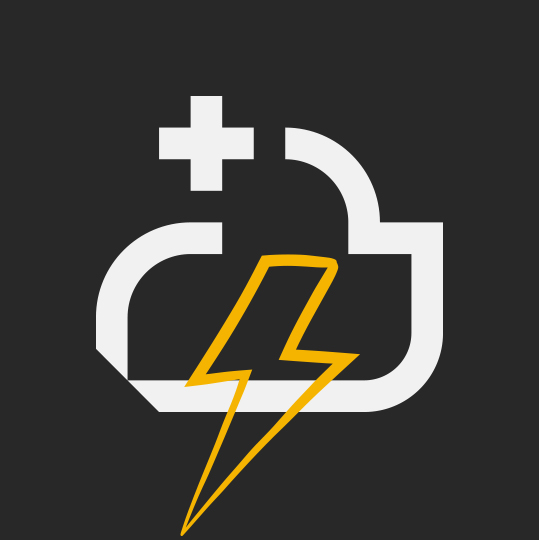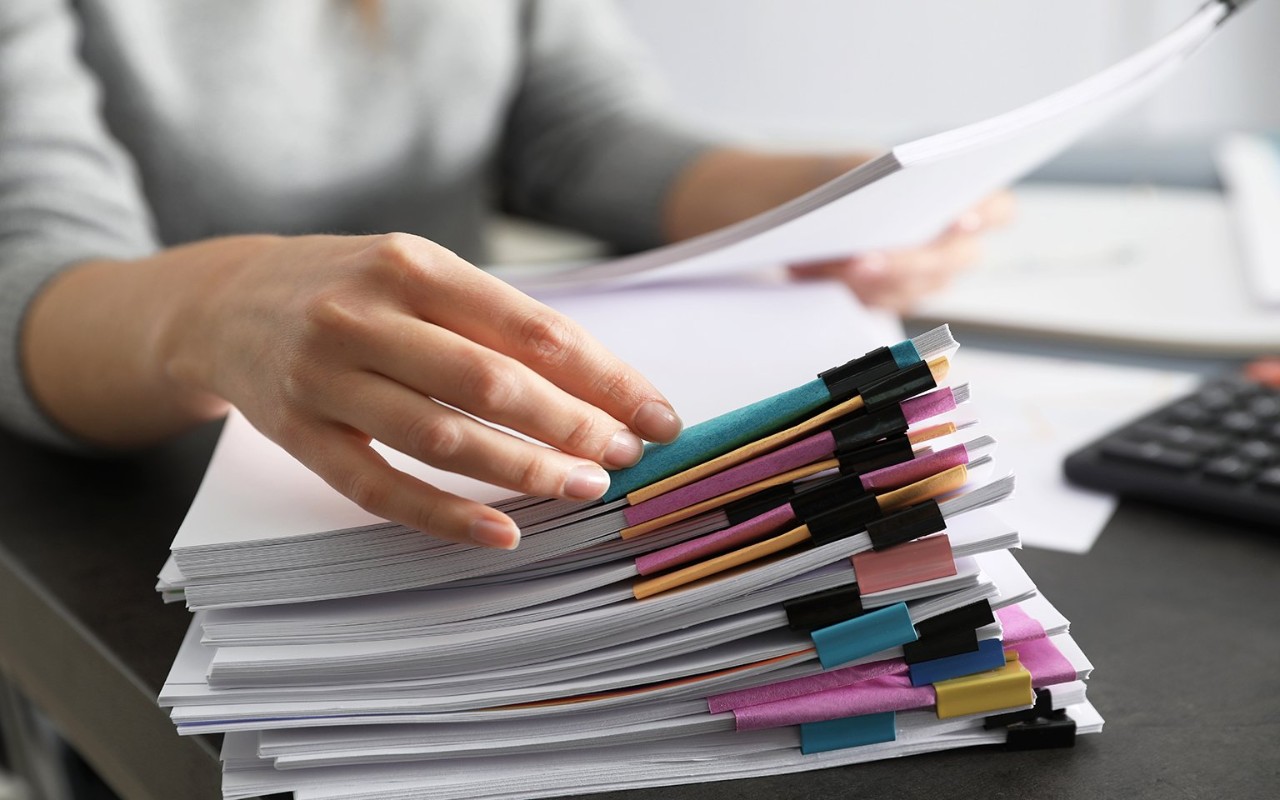In Estonia it is possible to establish a company online in three hours; file taxes online in less than three minutes; and thanks to its modern e-solutions, 99% of banking transactions in the Baltic nation are carried out online.
Right now, in terms of going paperless, Estonian companies are unfortunately the exception rather than the norm. Several factors – including its size and the technology-conducive foundations in place since the restoration of its independence 1991 (the country did not have the deep-rooted bureaucratic baggage as would be the case for other countries) – have led to this country of 1.3 million to become recognised as a leader in e-solutions.
The current state of paper
Despite the rapid rise of digitalisation, the paper conundrum continues to persist across the globe. In fact, the United Nations are expecting paper usage to rise by an incredible 50%. Estimates suggest that, on average, an office worker uses about 10,000 sheets of paper each year.
As if this wasn’t bad enough, Gordon Flesch Company Inc claim that as much as 30% of print jobs are never even picked up from the printer and, even worse, 45% of printed paper ends up in the rubbish bin by the end of the day. However, new technologies mean that the transition to a completely paperless workspace is now a real possibility.
What applications can help me go paperless?
No two companies are identical. Each has their own intrinsic characteristics and quirks, and this makes the development of a blanket approach to going totally paperless extremely difficult. However, the number of applications which can be utilised are growing by the day; PC Mag highlight five apps they argue can help people give up paper for good while boosting efficiency, productivity and mobility:
- To-Do List Apps allow you to easily rearrange tasks as priorities change and assign tasks to other people, receiving alerts once complete. With a to-do list app, you also get reminders of upcoming due dates. Popular examples of this type of app include Asana and Trello.
- Scanning Apps are invaluable for turning important paper documents into digital files. When you digitise documents, you make a backup copy of them, which means you can shred or recycle the originals, or file them away safely. Some of the items you might want to digitise are paper tax filings, identification documents, official certificates, warranties and receipts.
- E-Signature Tool enable you to sign documents without printing them. Nowadays it is possible to sign most documents digitally. To do so, you need an app that lets you create a digital signature and apply it to files.
- File-Syncing Service makes all your documents available to you no matter what device you have at hand. Many file-syncing programs let you save offline copies of documents to your devices too, which is extra handy for anything you might need in a semi-emergency, such as insurance certificates, an ID, or names and phone numbers in a phone tree. Dropbox and Google Drive are two prime examples of this platform.
- Document-sharing tools are an alternative way to send digital documents through some other cloud-based service and are particularly useful for files too big to send via email. File-syncing services, such as the ones mentioned in the previous section, usually let you share a file by generating a link to it that you can then send however you like. Cloud storage services (many of which are now indistinguishable from file-syncing services) usually have them, too.
What lies ahead
Paper still plays a huge role in our everyday lives and will do so for the foreseeable future. A shift to a paper-light office will involve us really examining what documents need to be printed or those that don’t.
Digital solutions provide the platform to accelerate the transition but perhaps the most important facet of this change is not the technology, but ourselves. Changing innate, deeply-rooted behaviours is arguably the biggest challenge facing the paperless revolution.

Discover the benefits of Kyocera Cloud Print and Scan
With KYOCERA Cloud Print and Scan all your documents are scanned and stored directly in the cloud, increasing security and helping small and medium-sized business to manage their printing costs.
Three Documents Resisting Paperless Revolution
Paperless environments





